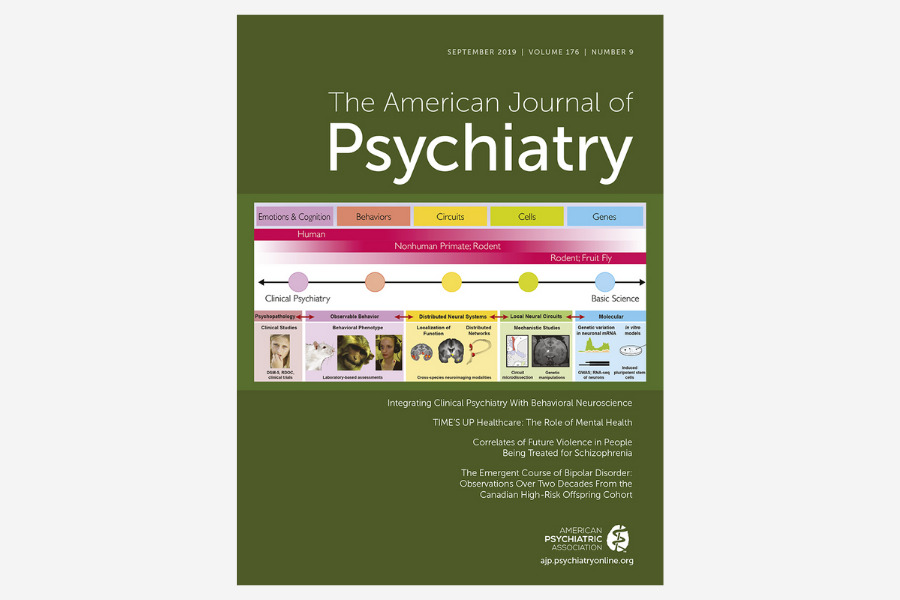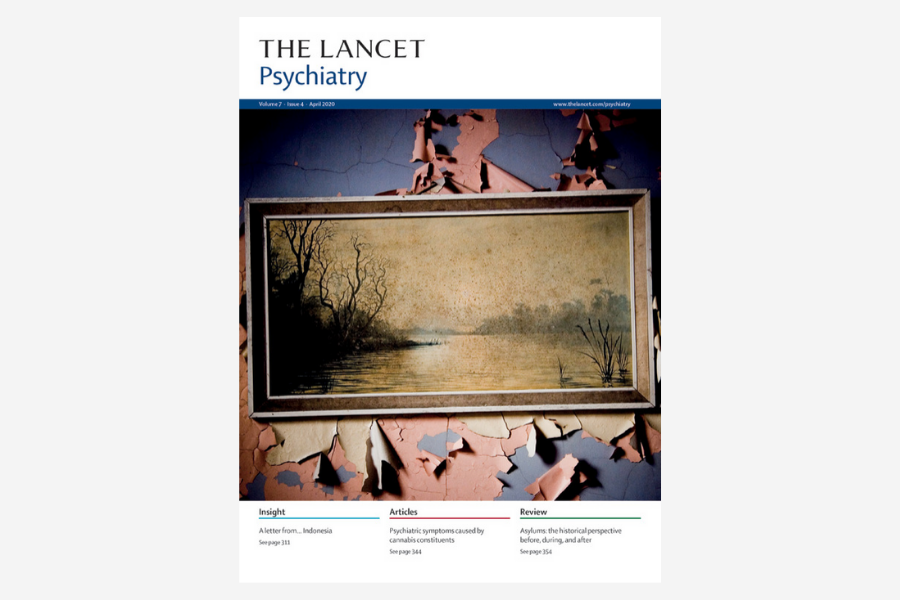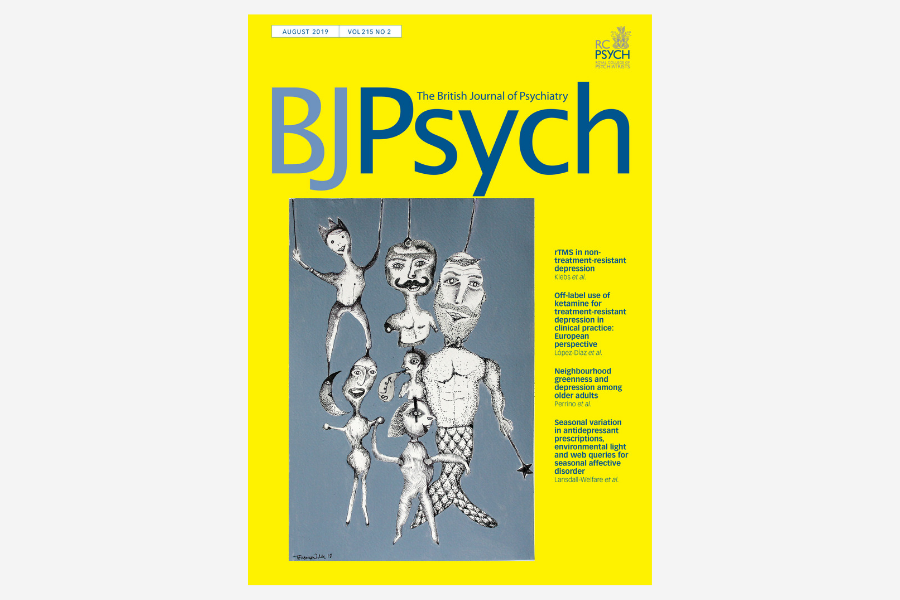
Adverse Childhood Experiences: Implications for Offspring Telomere Length and Psychopathology
American Journal of Psychiatry
Fecha de publicación:
DOI: https://doi.org/10.1176/appi.ajp.2019.18030335
Autores: Kyle C. Esteves, M.P.H., Christopher W. Jones, Ph.D., Mark Wade, Ph.D., Keegan Callerame, B.S., Alicia K. Smith, Ph.D., Katherine P. Theall, Ph.D., Stacy S. Drury, M.D., Ph.D.
Background: Adverse childhood experiences (ACEs) are associated with mental and physical health risks that, through biological and psychosocial pathways, likely span generations. Within an individual, telomere length (TL), an established marker of cellular stress and aging, is associated with both ACE exposure and psychopathology, providing the basis for an emerging literature suggesting that TL is a biomarker of the health risks linked to early-life adversity both within and across generations. The authors tested the effect of maternal ACEs on both the trajectory of infant TL and infant social-emotional problems at 18 months of age.





